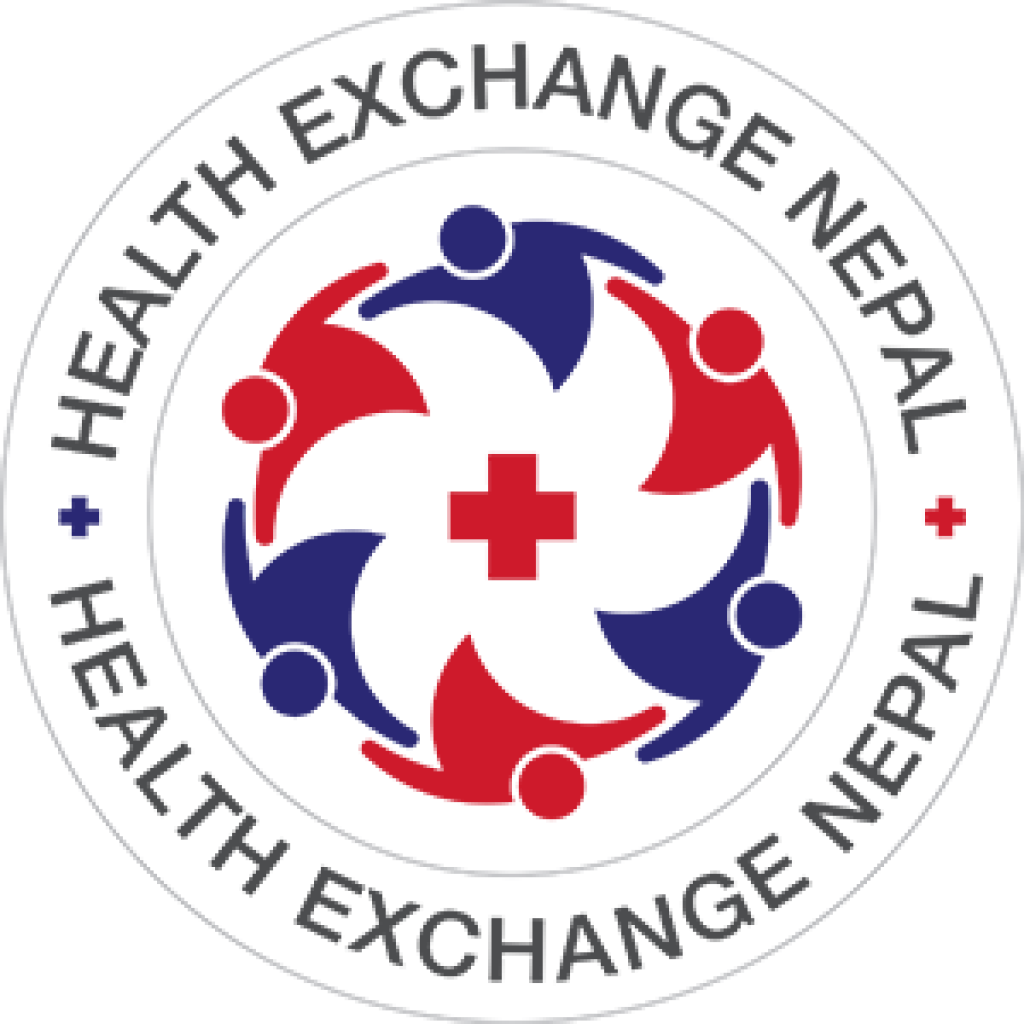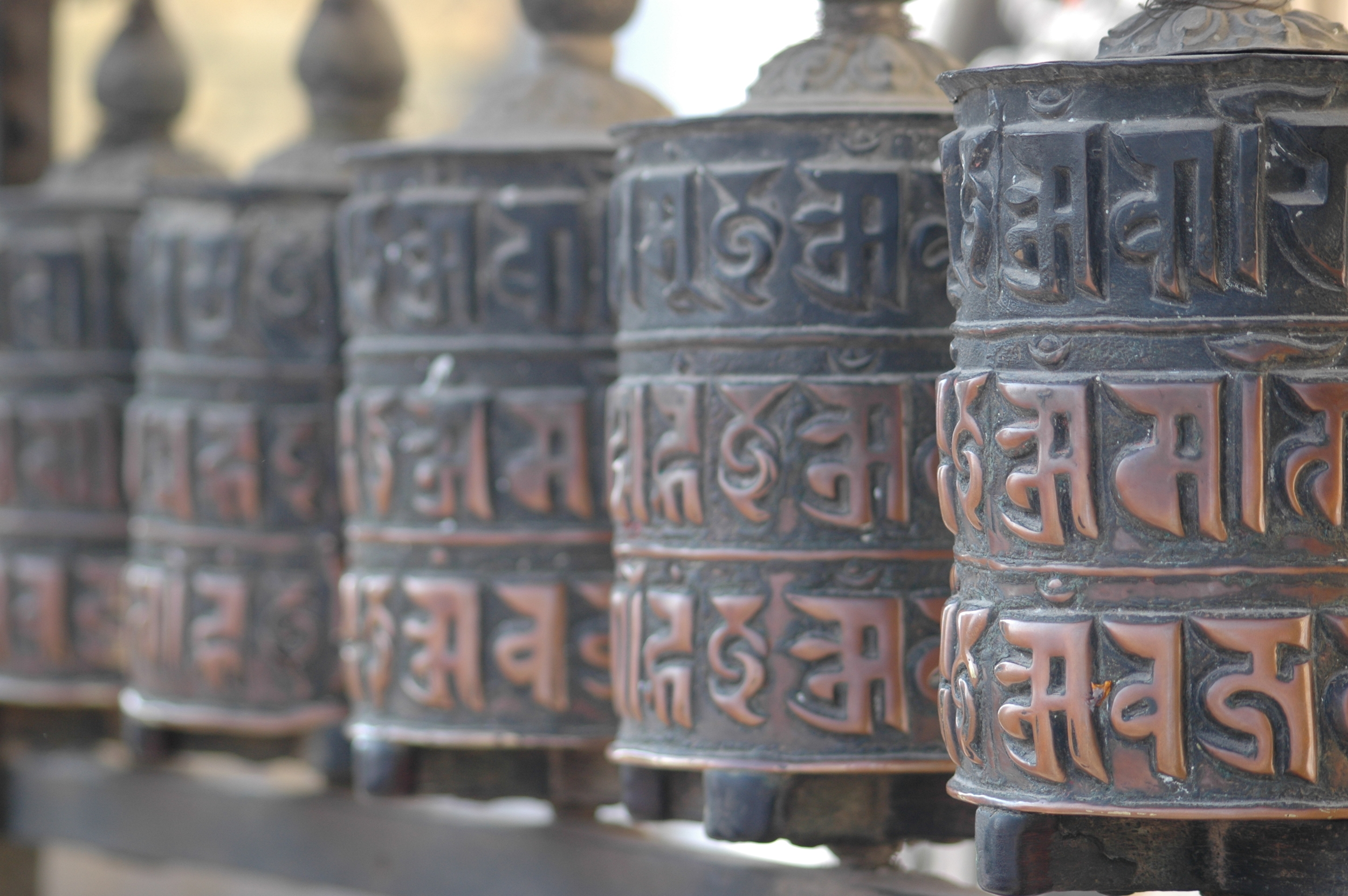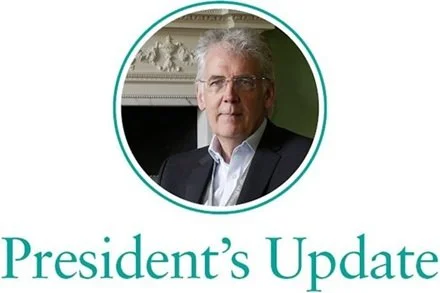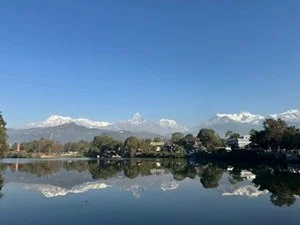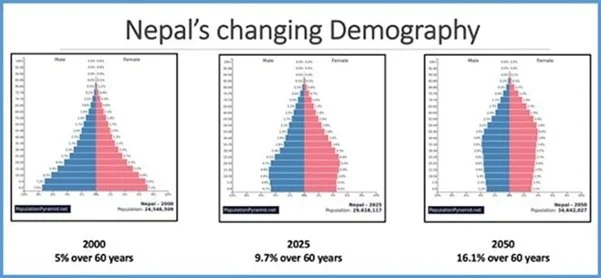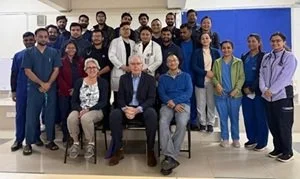RCPE President's Update
/College Faculty visit to Nepal
I write from Pokhara in Nepal where we are ending a busy year of College international work. With the guidance of College Fellow Professor Satyan Rajbhandari, and combined support of the HEX-N charity he leads and our own College, we have provided faculty lectures at the Society of Internal Medicine of Nepal (SIMON) in Kathmandu, Chitwan Medical College (CMC) in Bharatpur, and at Manipal Medical College in Pokhara.
We have combined our lectures with meetings with senior leadership of a number of organisations and – just as importantly! – meetings with trainees in internal medicine (pictured at CMC below).
As you may recall from previous updates, the Government of Nepal have shown considerable prescience in funding the development of services for older people in the country – Nepal is ageing fast (see image) and we are pleased that our College is leading support for geriatric medicine Fellowships, and also helping to coordinate nurse training, at Bir Hospital and National Academy of Medical Sciences in Kathmandu.
